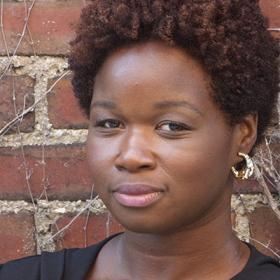This talk traces the focus on unconscious cognition (in the form of implicit bias, racial ideology, and volition) as an explanation for the tenacity of racism in the post-Civil Rights era to early critiques of the practice-centered account of institutional racism. With this focus, political resistance to racism has been figured as a twin project of getting people to see that their perception of race is faulty, while, at the same time, changing the collective milieu so that faulty racial perception is less likely. Less clear is how this would work politically in a democratic, egalitarian aspiring polity. Turning to Black Power, LeSure reads Kwame Ture and Charles V. Hamilton’s practice-centered account of (institutional) racism as racial mythology that is held in place by a symbolic order produced by the interaction between American law and its actualization in practice throughout history. Per their analysis, ending racism in the United States, and bringing about black equality requires new political forms, not to help people see reality by activating their rational faculties, but holding them accountable to reality as it is disclosed by black agents.
Free and open to the public.
About the speaker
Ainsley LeSure is an Assistant Professor of Politics and affiliated faculty of the Black Studies Program at Occidental College in Los Angles, California. She is also a Visiting Scholar at the Center for the Study of Race and Ethnicity in America at Brown University.

